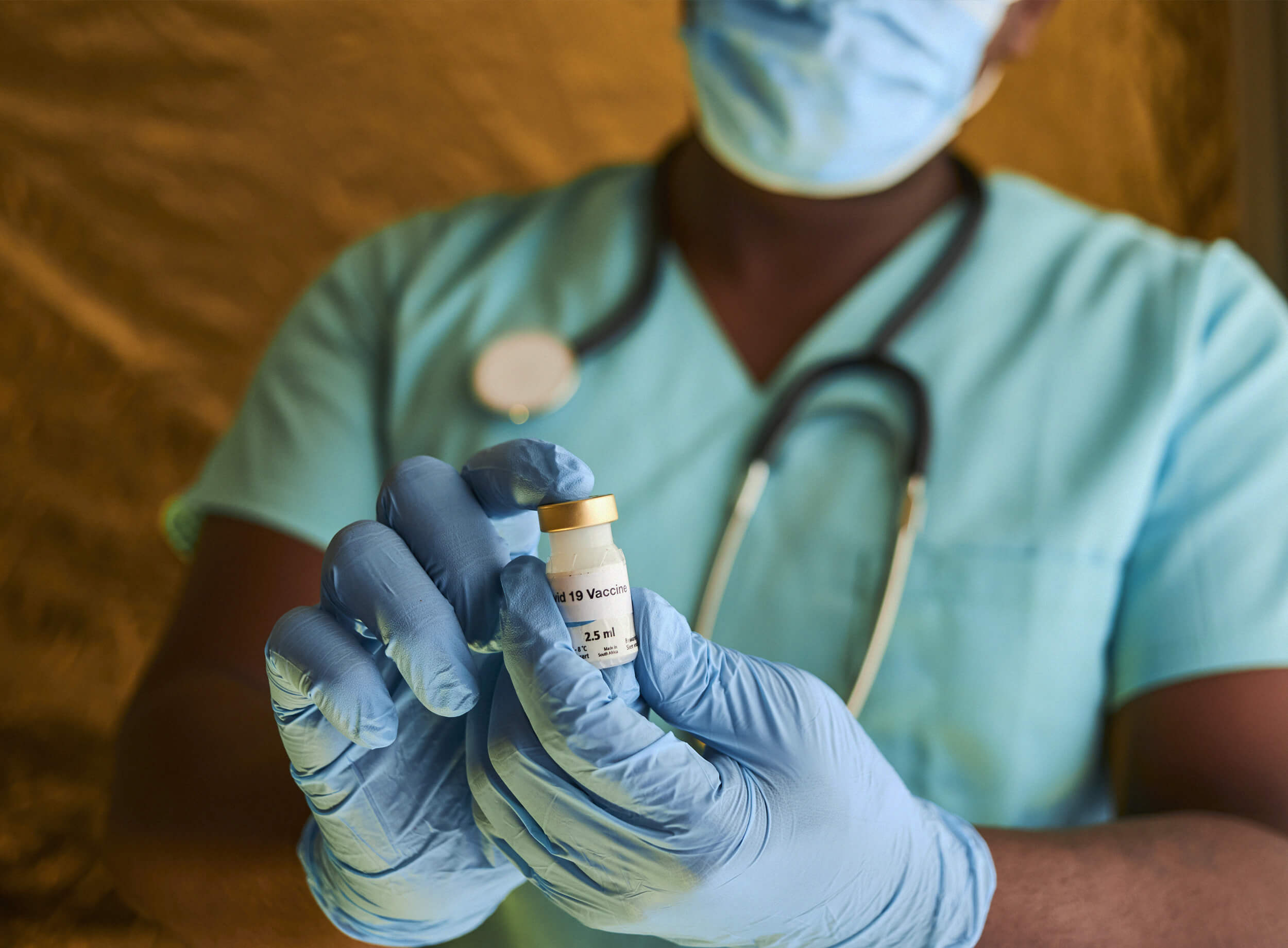Advocacy for universal access to COVID-19 vaccines and technologies
For close to three years, the pandemic has ravaged societies and economies. Meanwhile, disparities in access to vaccines and other health technologies have resulted in different paths of recovery, with many countries yet to see any light at the end of the tunnel.

The proposal from India and South Africa on a temporary waiver of certain provisions of the Trade Related Aspects of Intellectual Property Rights (TRIPS) Agreement, submitted in October 2020, and the revised decision text presented in May, attempts to address inequities in access to critical commodities for controlling COVID-19 by allowing freedom scale up of production and diversification supply options. This proposal is now co-sponsored by 63 World Trade Organization (WTO) Member States, and supported by more than 100. However, despite this, this proposal has been blocked at every turn, slowing down the ability to get everyone possible, globally, vaccinated against COVID-19.
As the gap in COVID-19 vaccination rates between rich and poor countries grew throughout 2021, CILD launched a campaign and a petition on Change.org addressed to Prime Minister Mario Draghi and Foreign Minister Luigi Di Maio, asking that Italy publicly declare its support for the TRIPS waiver – which would allow for more swift vaccine information-sharing and access – and actively encourage European counterparts to do the same. In 2021 CILD also joined with over 100 civil society organisations in expressing our serious concerns regarding the position of the European Commission on efforts to increase access to COVID-19 vaccines, treatment and other medical technologies by means of supporting a TRIPS waiver and has so far signed a number of letters advocating for its adoption.
During 2022 and still in 2023 we are continuing this work by supporting numerous advocacy measures, alongside other civil society organisations, to encourage movement towards more equitable responses to this pandemic and any others which may occur in future. This has included appealing to the WTO, the WHO, the European Commission, and individual governments to seek their support for important measures being proposed at the regional and global level.
